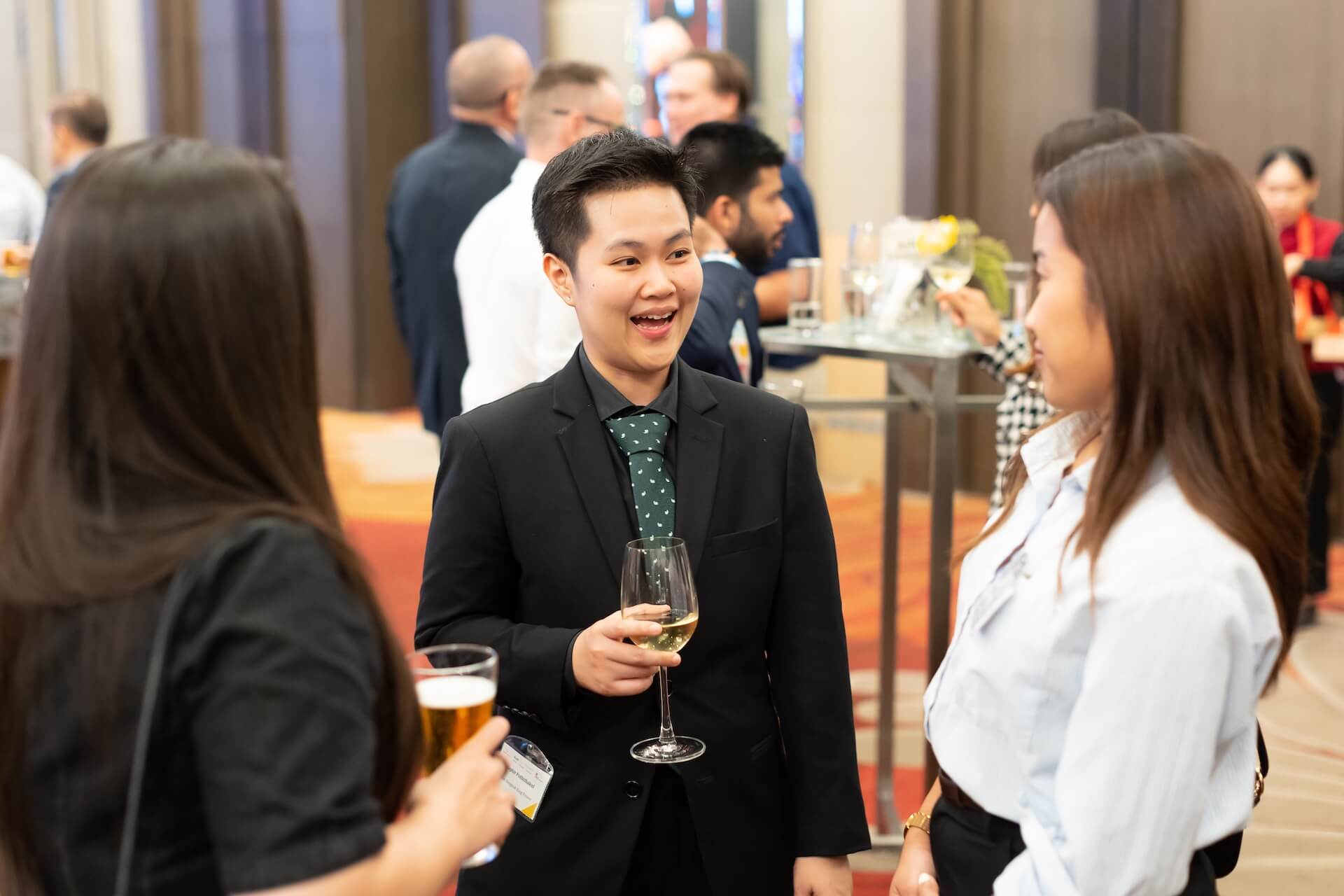Connect
Meet decision-makers at Sundowners, briefings and regional meet-ups. Build the relationships that move business forward.
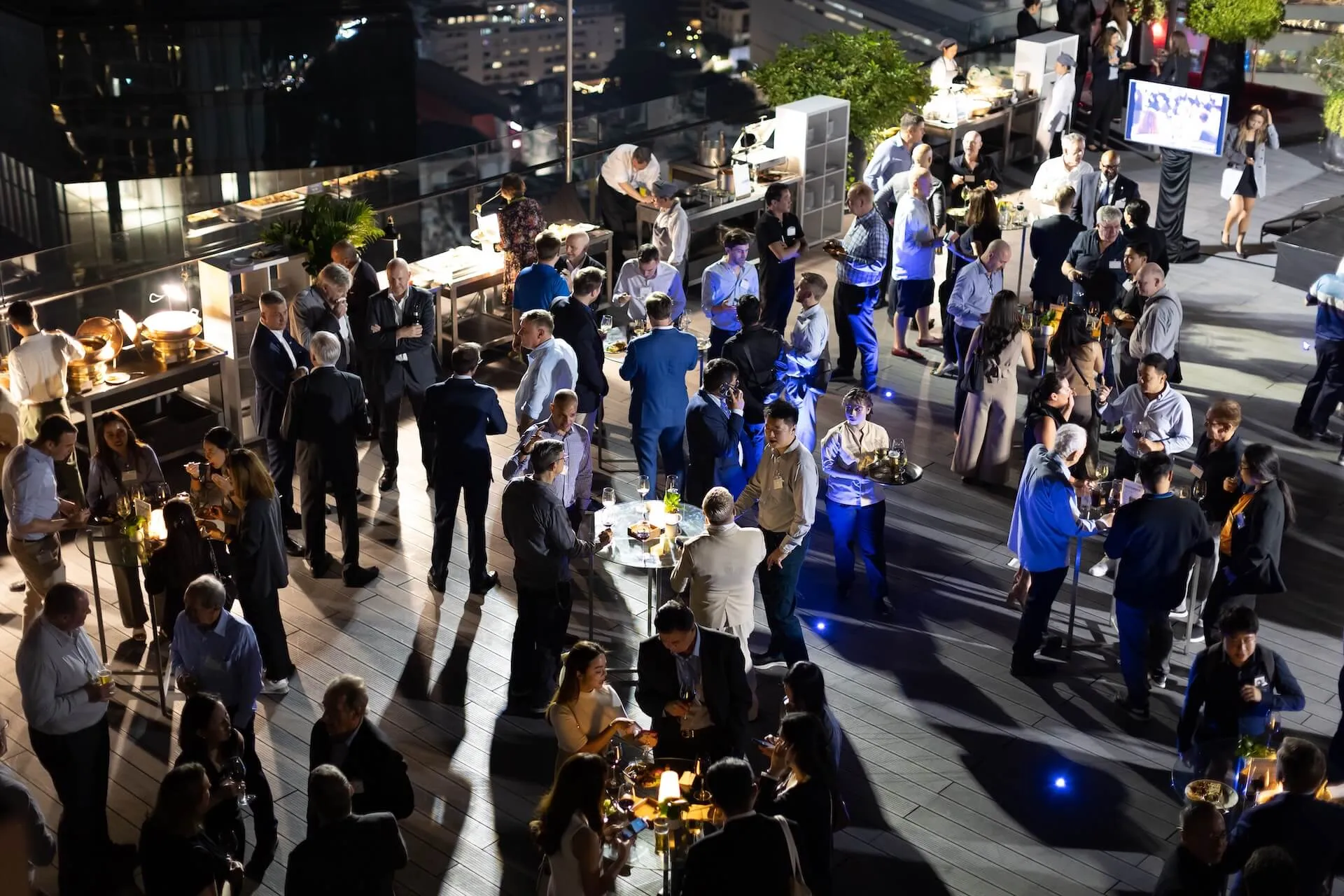
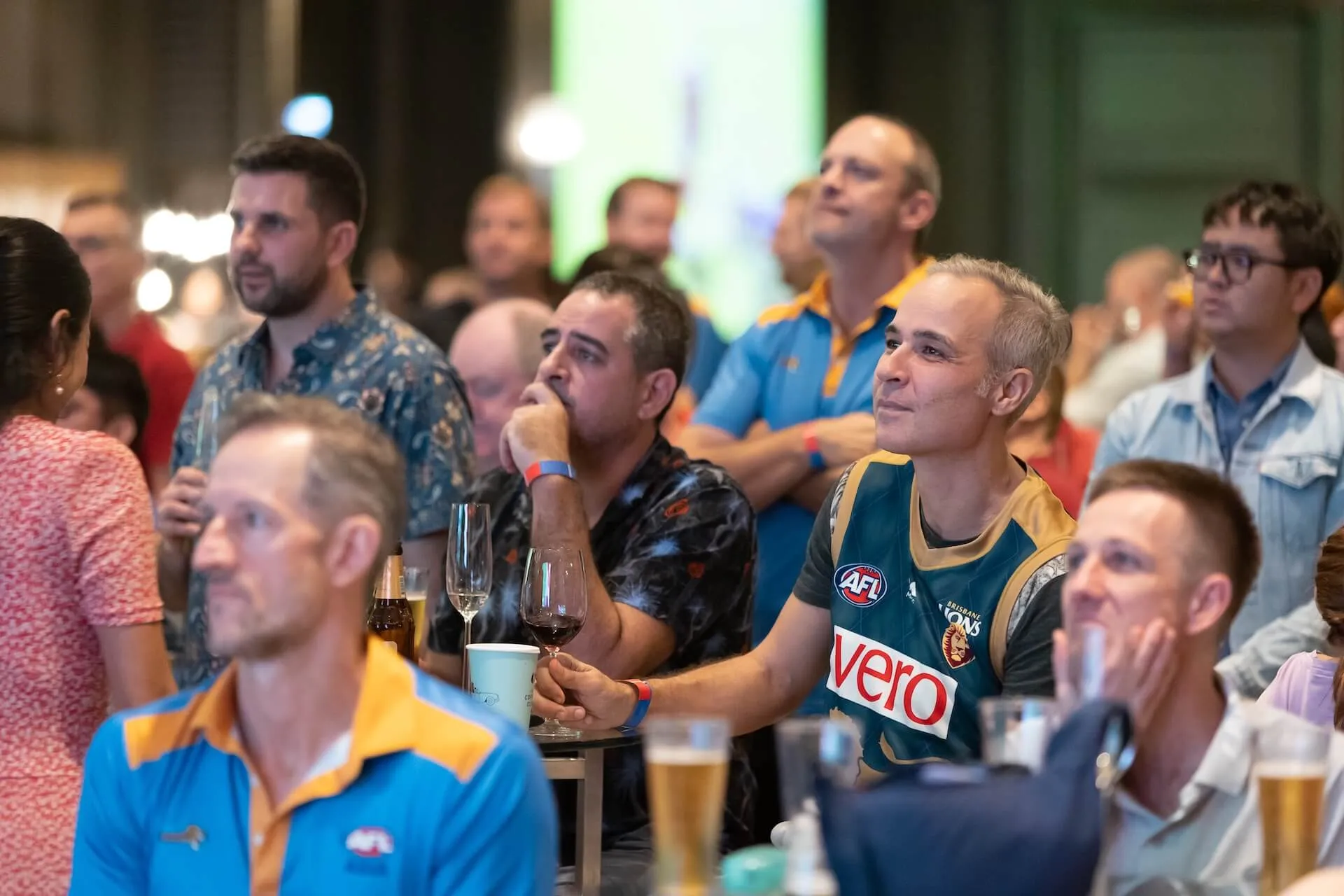
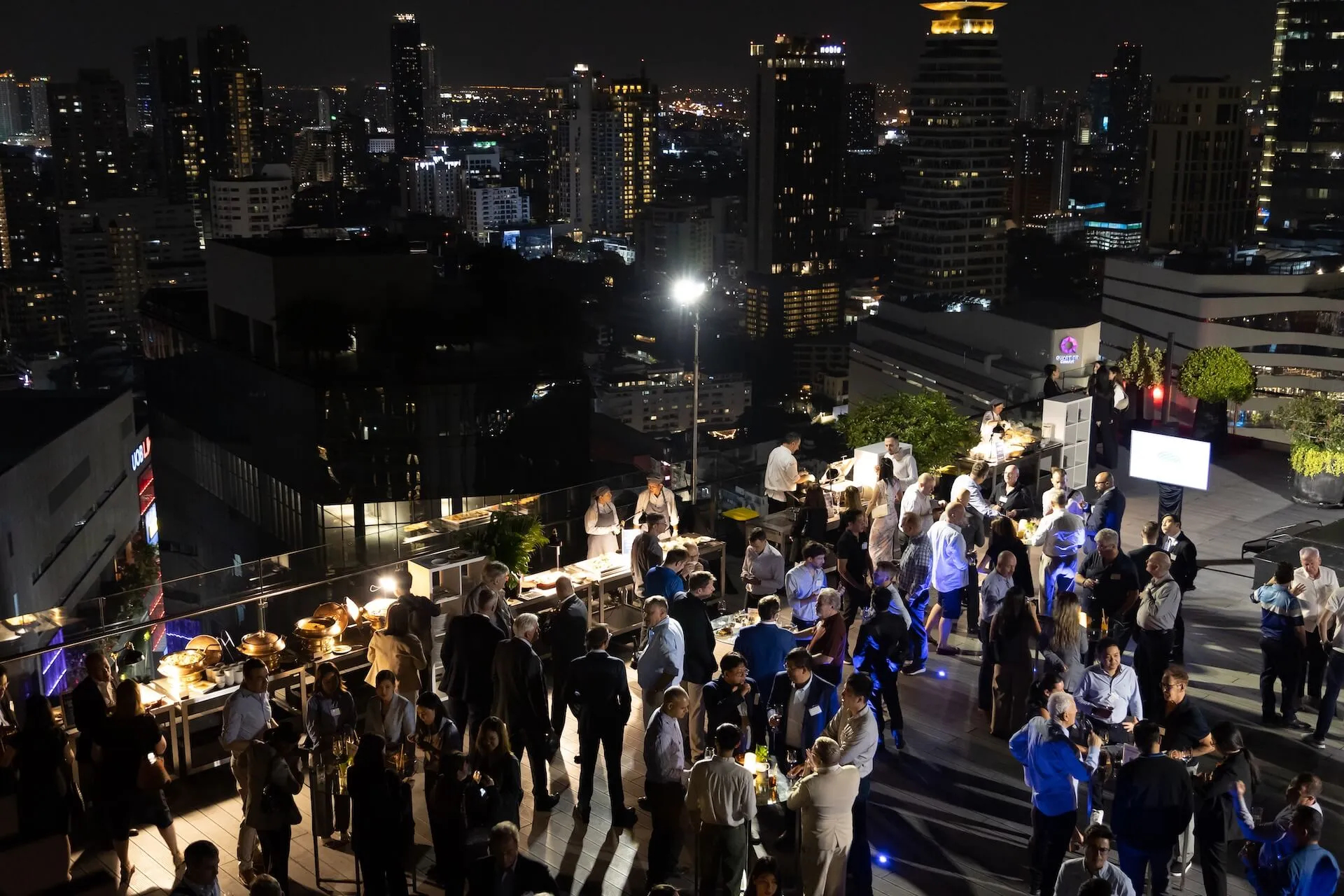
The Australian-Thai Chamber of Commerce (AustCham ...
Connection • Advocacy • Knowledge
A trusted community for leaders in the Australia–Thailand corridor—where relationships, policy dialogue and practical insights converge.
Meet decision-makers at Sundowners, briefings and regional meet-ups. Build the relationships that move business forward.
Have a voice on what matters. Join our committees and contribute to constructive, evidence-based advocacy.
Get practical insights from peers and experts—blogs, publications and member-only resources.
Since 1977
Serving Australia–Thailand business
400+
Members across various industries
Engage
Join & help shape policy in our committees
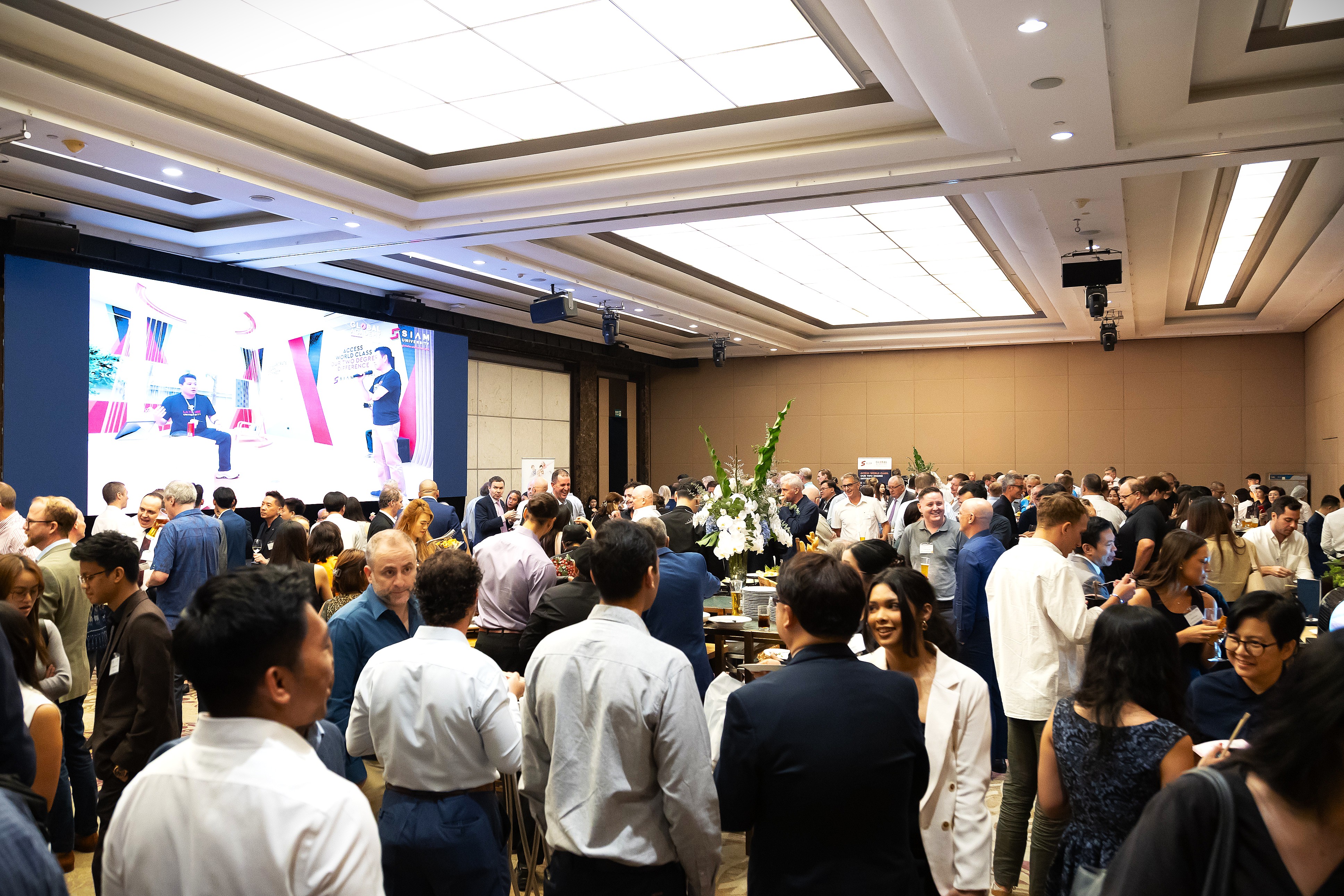
Tools & quick actions
The member directory and messaging live in Glue Up. Log in to the web app or request free limited access (subject to approval).
